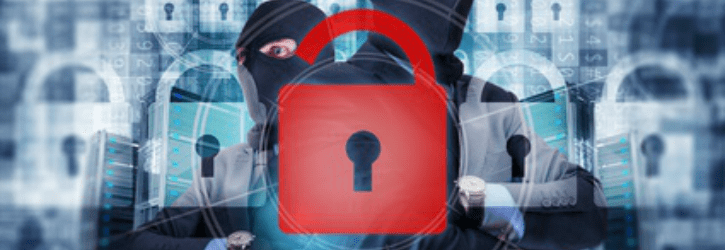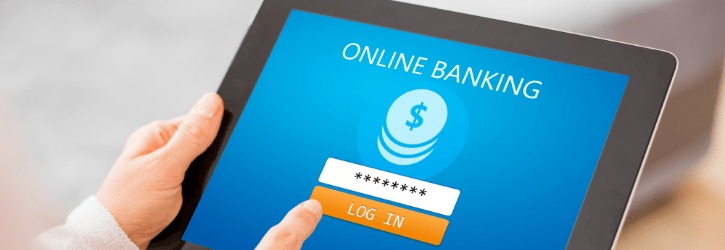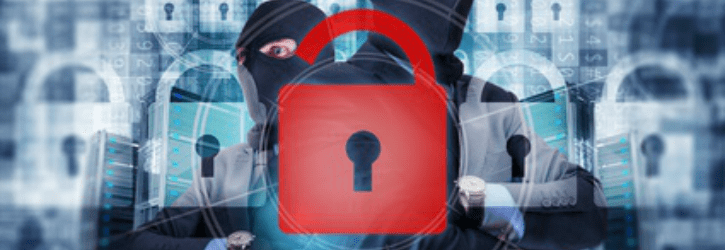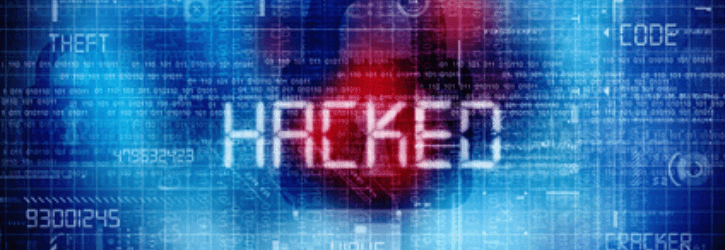
Welcome To The Data Leak Lawyers Blog
We focus on the latest news surrounding data breaches, leaks and hacks plus daily internet security articles.

We focus on the latest news surrounding data breaches, leaks and hacks plus daily internet security articles.

The impact of hospital data breaches can be incredibly severe given that we’re talking about some of the most personal and sensitive information there can be.
This can mean that the victims of this kind of medical data breach can suffer more, and it can also mean that hospitals are a bigger target for hackers.
As expert data protection lawyers, we can tell you from years of real experience in fighting for the rights of data breach victims that these kinds of legal cases need a specific approach. When it comes to sensitive medical data that has been exposed, data breach compensation amounts can be higher, and it takes specialist lawyers like us to make sure you get the best representation possible.

As a ‘go-to’ name in the data breach compensation industry, we were asked by the I Paper to provide them with a list of Black Friday cybersecurity tips. We were more than happy to help.
As featured in the I Paper today, we have provided a list of safety tips for shoppers this Black Friday which also applies to the coming Cyber Monday. As great as deals can be for shoppers, in today’s age of cyberattacks and data exposure, consumers need to be careful.
You can read the tips in today’s print edition of the I Paper. We’ll also outline the basis of the information for you here as well under headings with some additional information.

According to credit-reference agency Experian, there are increasing incidents of fraudsters targeting first-time buyers, and some of it can be related to data breaches.
As a firm of expert data breach compensation lawyers, this news doesn’t come as a surprise to us at all. First-time buyers can be vulnerable to the kinds of tricks and scams that criminals can pull off, particularly because of being thrown into the world of owning a home for the first time. Criminals could pose as a number of organisations or parties, and they could use information from data breaches to convince people that they’re the real deal.
This kind of problem demonstrates how bad a simple data breach can actually be for a victim when criminals use even small bits of seemingly “harmless” data that has been exposed in a breach to do serious damage.

Digitalisation is generally seen as a good thing, but in a day and age when data breaches are so common, should we be concerned when it comes to increasing use of NHS digital technologies?
Like many other industries, the growing use of technology can be great. We can reduce costs and wastage, increase efficiency, and make communication – which is vital – slick and smooth. When it comes to the healthcare industry, increasing use of technology and digitalisation could arguably save lives and improve patient care.
But with increasing digitalisation comes increasing vulnerability for technology to be exploited. Without adequate defences in place, it can be open season for criminals and fraudsters.

We can offer No Win, No Fee representation for victims who claim compensation for a financial information data breach with us.
Although we often talk about claiming for the distress of a breach, those who lose money can be entitled to recover what has been lost as well. This is in addition to the distress for the fact that the breach has happened in the first place.
With the number of cyber incidents in the financial services sector said to be increasing, this is an important area for us to offer our expert advice and services for.

You can be eligible to make a claim for cyber-attack compensation if your data has been exposed as a result of a hack.
Ultimately, the law is clear in terms of the responsibility organisations have to safeguard the data that they store and process. It’s their job to ensure that they have proper cybersecurity in place to prevent a breach incident taking place, and if they fail to do so, victims are well within their rights to justice.
A lot of the group actions and multi-party legal cases we’re involved in have stemmed from cyber-attacks. This includes some of the big-name examples like British Airways, Equifax and Ticketmaster.

As the issue of rising cybercrime costs hits the news again, we want to make sure that the focus isn’t shifted away from those who can be hit the worst when an incident takes place; the victims.
Although organisations can end up paying significant costs in dealing with the fallout of a data breach incident, it’s the victims whose personal and sensitive information has been exposed. It’s the victims who must suffer with the distress caused by the loss of control over their information. And it’s the victims who we focus on when we represent them for claims for data breach compensation.
Importantly, victims can be entitled to claim compensation when their information is misused or exposed. Data breach compensation pay-outs are separate to fines and costs and are designed to ensure the victims are properly compensated.

Public sector hacks remain one of the more worrying aspects of worldwide data protection issues, and we can tell you from experience that these woes apply here in the UK.
We say this a lot, but the simple fact of the matter is that it’s a worrying truth. One of the most common types of compensation claims we deal with here at the Data Leak Lawyers involve public sector organisations. The most common are medical data breach claims and council data protection cases.
Yet again, we’re hearing the experts voice their concerns when it comes to public sector data protection problems, and it’s important for people to know what to do when their information it misused or exposed.

Official records from NHS Digital reportedly show an alarming number of NHS email cyber-attacks, with the healthcare service said to have been hit by over 11 million in the last three years.
The data for the number of attacks that were successfully blocked was at a staggering 11,352,000 in the last three years. Although we can be positive about the fact that these attacks are those that were successfully stopped, the figures show the significant number of attacks that are taking place, and how much of a target the public healthcare system is.
The NHS was one of the worst-hit victims of the 2017 WannaCry incident as well. With them being such a target, what can be done when successful cyber-attacks take place?

We represent people for police-related data incidents, and with this in mind, here’s a number of reasons as to why the recent Eurofins data breach is a worrying one.
In case you’ve not heard of this one, this relates to an organisation that the police outsource forensic work to. Eurofins reportedly process more than 70,000 cases per year, and deal with DNA analysis, toxicology, ballistics and computer forensics. As such, they can be at the heart of investigations into serious crimes, including murder, sexual offences and terrorism.
Worryingly, they were recently hit by a ransomware attack. This has led to a number of concerns about the security and quality of the work they carry out, and has caused significant disruption to police investigations.
EasyJet admits data of nine million hacked
British Airways data breach: How to claim up to £6,000 compensation
Are you owed £5,000 for the Virgin Media data breach?
Virgin Media faces £4.5 BILLION in compensation payouts
BA customers given final deadline to claim compensation for data breach
Shoppers slam Morrisons after loyalty points stolen
Half a million customers can sue BA over huge data breach
Lawyers accuse BA of 'swerving responsibility' for data breach
The biggest data breaches of 2020
Fill out our quick call back form below and we'll contact you when you're ready to talk to us.